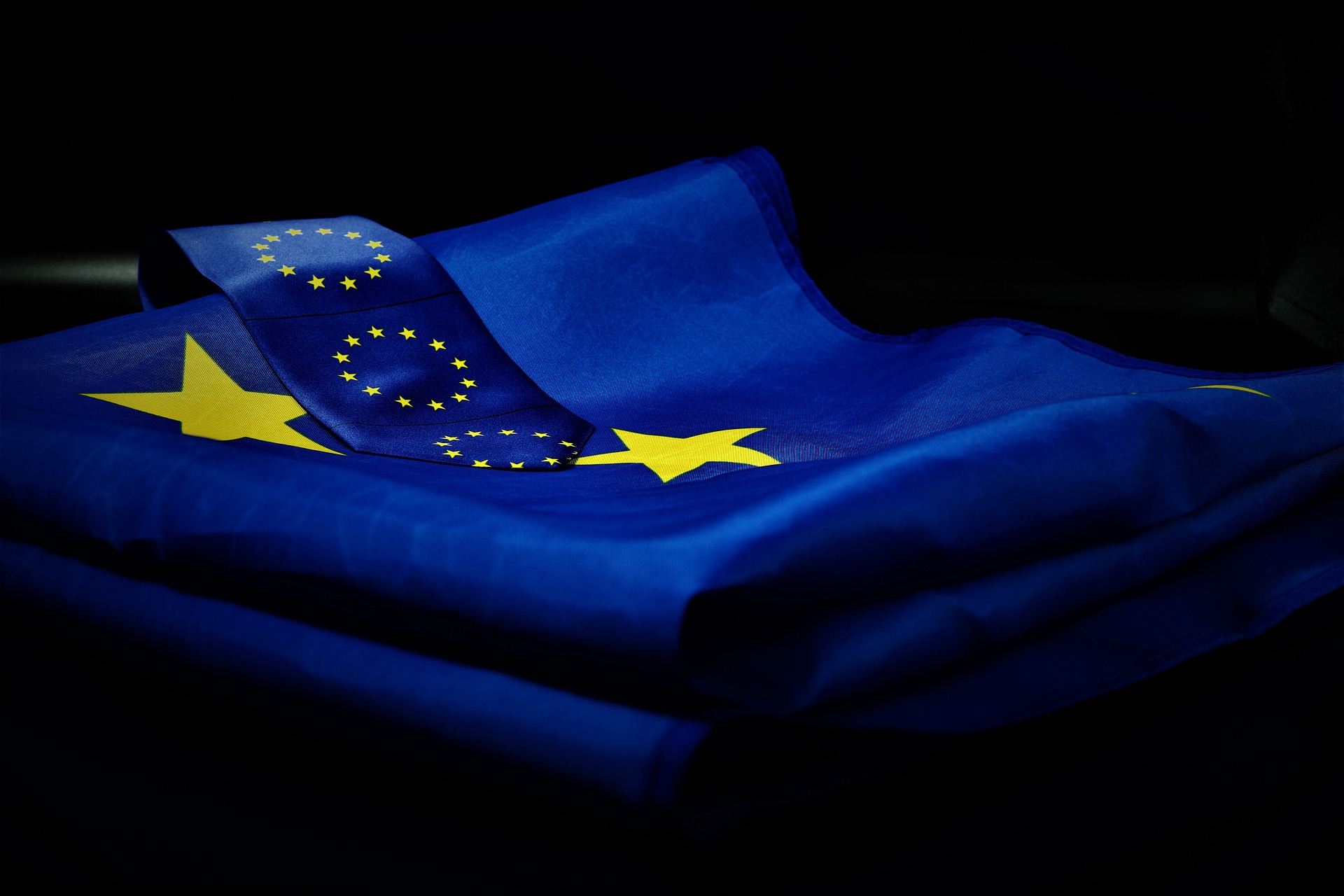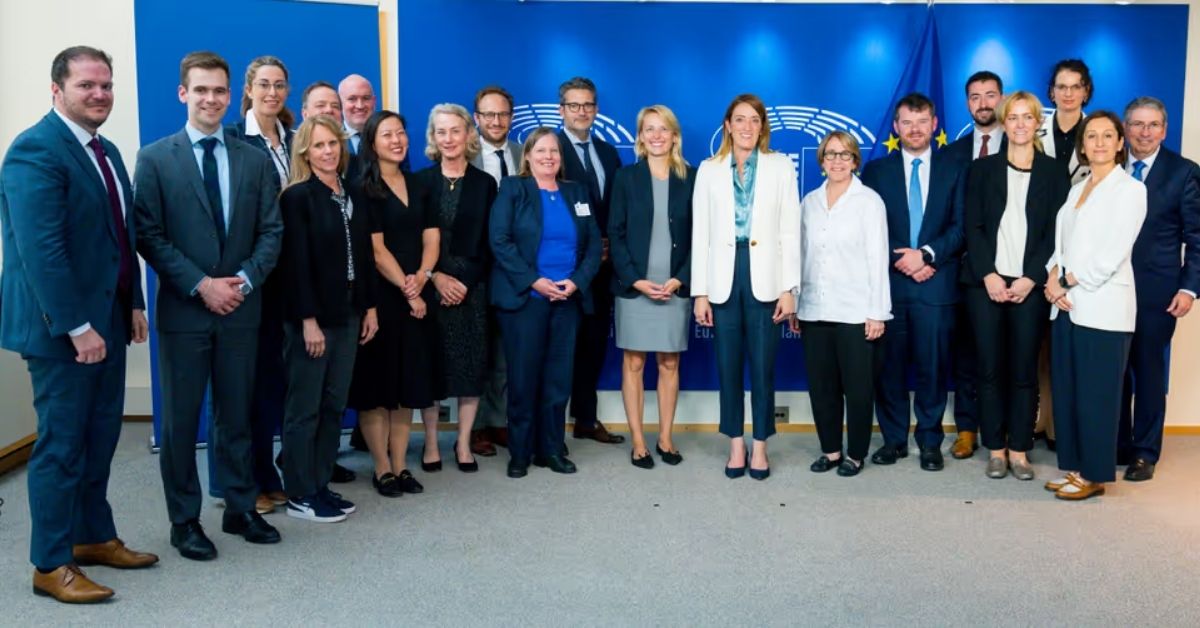The European Commission on Wednesday (yesterday) unveiled a sweeping new Single Market Strategy, aiming to revitalise the European Union’s core economic engine and remove long-standing cross-border barriers that hamper business activity. The strategy, which includes measures to simplify regulation, improve coordination, and cut red tape, was launched alongside a separate package focused on reducing administrative burdens for medium-sized businesses.
Reacting to the announcement, the Malta Business Bureau (MBB) described the strategy as a “timely and accurate diagnosis of the challenges facing the Single Market”. MBB noted that the effective implementation of this strategy could reinvigorate the EU’s internal market and drive economic growth, but cautioned that its success will depend heavily on Member States’ political will to follow through.
The “Terrible Ten” and the promise of reform
Central to the Commission’s strategy is the identification of the so-called “Terrible Ten” barriers, which include regulatory inconsistencies, delays in standard setting, and fragmented rules across EU countries. These have long stifled the free movement of goods and services – a founding principle of the Single Market established over 30 years ago.
The Commission proposes a combination of broad and targeted actions, including:
- Simplifying overly complex EU rules;
- Harmonising labelling requirements;
- Easing the recognition of professional qualifications;
- Reducing fragmentation in extended producer responsibility (EPR) schemes;
- Creating a European company law to enable digital setup;
- Enhancing coordination among Market Surveillance Authorities;
- Eliminating territorial supply constraints;
- And introducing a Single Market Barriers Prevention Act.
MBB CEO Mario Xuereb underscored the importance of these reforms, saying: “The Single Market is the cornerstone of the EU economy. It enables businesses to grow, consumers to benefit from greater choice and lower prices, and allows the EU to leverage its market globally.”
He added that excessive national regulations, commonly referred to as ‘gold plating’, continue to be a major obstacle. “Too often, the incorrect application of rules or excessive national measures lead to infringement procedures and obstruct cross-border activity,” he warned.
The MBB highlighted how vital the Single Market is for Malta’s economic prosperity, providing Maltese businesses with access to European customers and suppliers. While retention of access remains strong, they acknowledged that the Single Market has not yet delivered on its full potential – especially given the EU’s growing productivity gap compared to global competitors.
The Commission’s strategy could offer a new economic framework that addresses this gap and enhances European competitiveness.
A boost for medium-sized businesses
Separately, the European Commission also announced plans to cut red tape for medium-sized companies – a move that complements the broader Single Market strategy. The proposal introduces a new category of business: “small mid-caps”, defined as companies with:
- 250 to 750 employees,
- Up to €150 million in turnover, or
- Up to €129 million in assets.
The new classification aims to extend benefits typically reserved for small enterprises, such as exemptions from certain data protection obligations, to around 38,000 companies across the EU. This initiative is expected to cut €400 million in administrative costs and simplify compliance.
Other key initiatives include:
- Faster recognition of professional qualifications;
- Online submissions for company paperwork;
- The elimination of duplicate labelling requirements for goods sold in multiple EU countries;
- And the shift from printed product manuals to digital alternatives.
EU Economy Commissioner Valdis Dombrovskis stated: “This package will cut a further €400 million from the cost of doing business in the EU.”
While both the MBB and EU officials see the strategy as a strong step forward, they stressed that implementation will be the real test. The MBB concluded by reiterating that Member States must match the Commission’s ambition with a unified effort to apply rules consistently and foster growth through genuine Single Market integration.
French NGO accuses Metsola and MEP of working with USA to dismantle Green Deal
Bloom calls out EU officials for 'adopting the Trump administration's strategy' to torpedo corporate environmental due diligence
Storm-hit businesses can now apply under amended Malta Enterprise scheme
A new measure offers targeted aid to storm-hit businesses while giving non-compliant operators one year to regularise their permits
Access to finance and rising fraud risks discussed at Malta Women & Finance Summit 2026
Expert advice for spotting scams and opinions on investing






